By the end of September 2024, 125,338 fake website addresses of agencies and organizations to commit fraud were recorded.
During the week from October 7 to October 13, the Information Security Department warns about the following tricks:
- Warning of illegal multi-level capital mobilization scam: the scammer introduces a foreign-based corporation, implementing transportation technology projects, operating in the form of capital mobilization through purchasing stock packages.
Accordingly, the victim only needs to introduce more members into the system to receive commission, the more members introduced, the higher the commission.
This group has an office in Vietnam but has not been licensed by the Ministry of Industry and Trade to operate multi-level marketing business.
The Information Security Department recommends that people be cautious of investment invitations and capital mobilization with unusually high interest rates. People need to check the legality (including operating licenses and related information) before participating. At the same time, people also need to consult reputable experts. In case of suspected fraud, they should immediately report to the authorities for support.
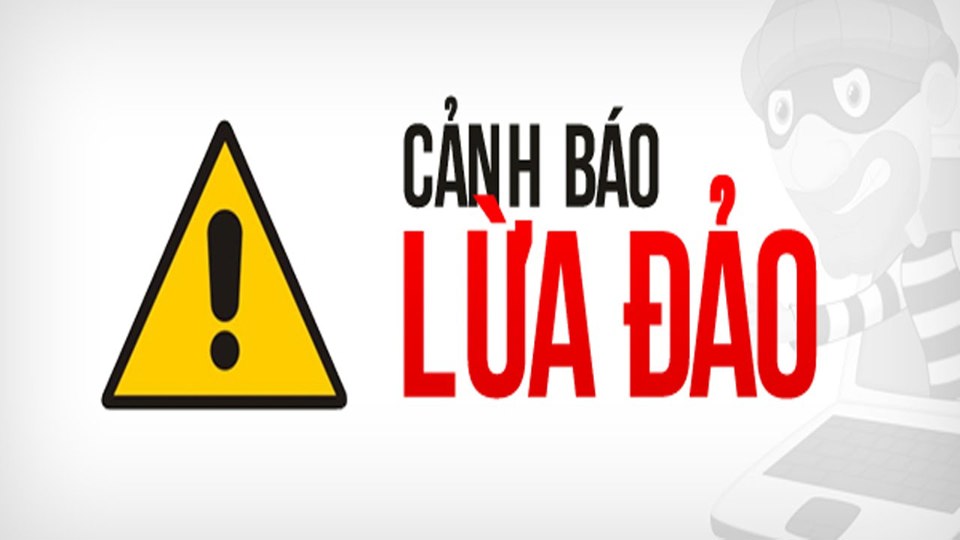
- Warning about "black credit" loans online: taking advantage of people's need to borrow money online, these subjects have impersonated bank officials to defraud and appropriate property.
Fraudsters lure people by promising quick loans, no need to prove assets, no credit check and simple procedures.
After gaining the victim's trust, the subject asks the borrower to deposit or pay in advance a certain amount of money as a service fee or application fee with the aim of appropriation.
In addition, subjects may ask users to download fake loan applications to steal personal information, bank account numbers and even credit card information.
After filling out the information, people not only did not receive the loan but also had their personal information exposed.
In addition, there are online lending services that initially promise low interest rates, but when disbursed, the interest rates increase along with a series of unreasonable penalties. If the borrower cannot repay the debt, the subjects will use threats, mental terrorism, and even defame the borrower's reputation on social networks.
The Information Security Department recommends that people be wary of online loan advertisements, only borrow from reputable organizations and banks that are licensed to operate, do not access or download loan applications or websites of unknown origin. Do not transfer money to strangers, do not share personal information, bank accounts, OTP codes, or passwords.
- Impersonating an electricity company: scammers impersonate electricity company employees and call to inform customers of large electricity debts and threaten to cut off electricity if payment is not made.
Then, the subject asked people to transfer money to personal accounts or provide bank information to settle the debt.
The subjects send fake messages and emails announcing electricity bills, with links and fake applications asking people to pay online. When downloading the app, clicking on the link and filling in information, people will have their personal information stolen by criminals.
The Information Security Department said that electricity companies usually do not request urgent payments over the phone or transfer money to personal accounts. Therefore, the Department recommends that people be vigilant and check information directly from official channels. Absolutely do not transfer money or provide personal information to strangers, do not access links or download apps sent by strangers.
Source: https://kinhtedothi.vn/canh-bao-lua-dao-cho-vay-tin-dung-den-tiep-tuc-hoanh-hanh.html














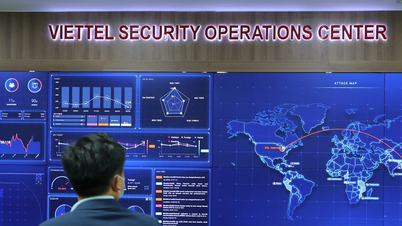







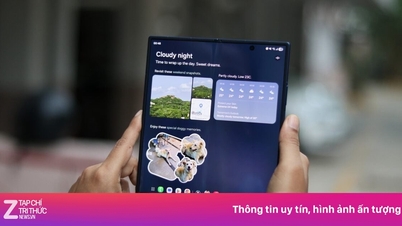


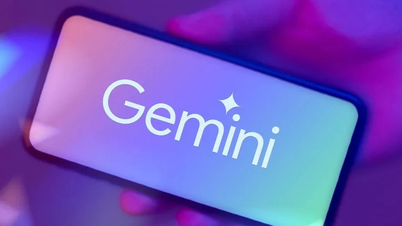



















































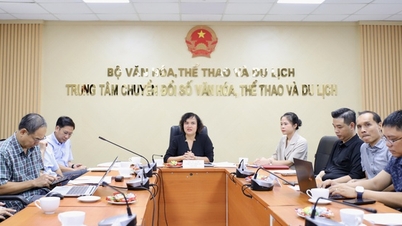
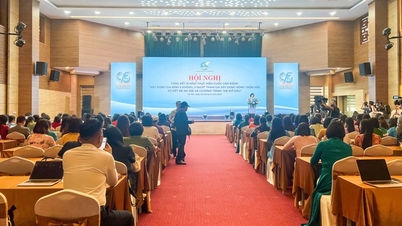
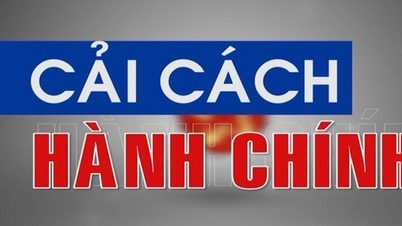
























Comment (0)